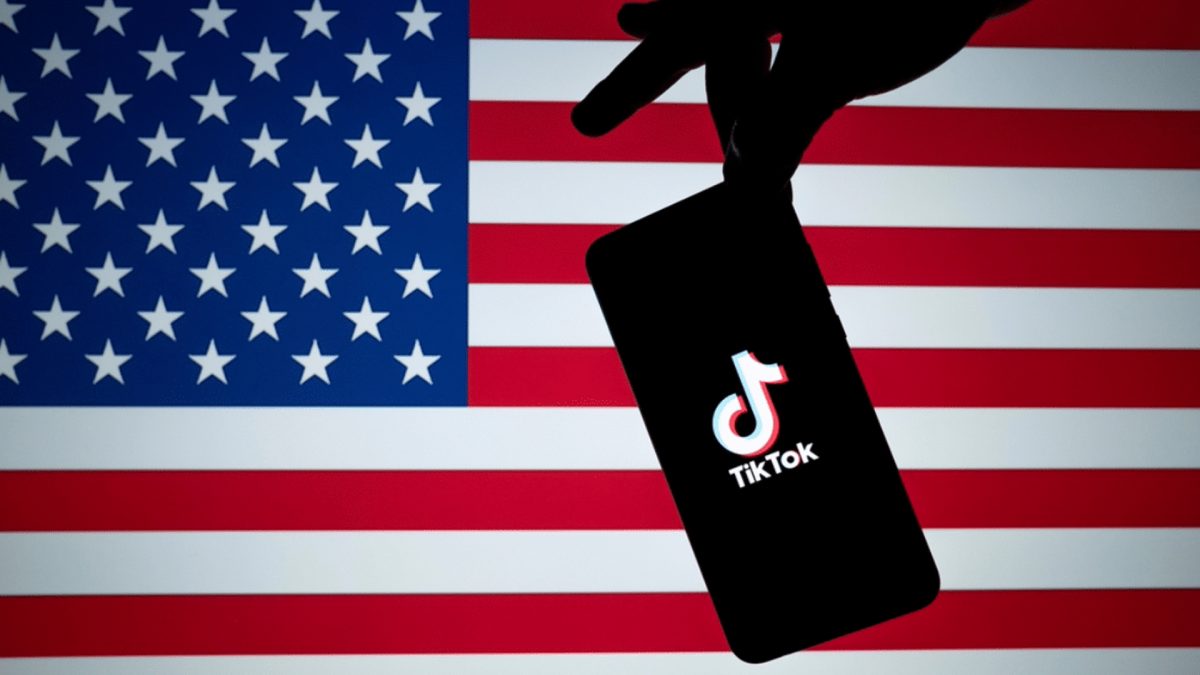The US Supreme Court agreed Wednesday (December 18) to hear TikTok’s appeal of a law requiring its Chinese parent company, ByteDance, to sell the popular video-sharing platform or face a nationwide ban.
The court scheduled oral arguments for January 10, just nine days before the law, signed by President Joe Biden in April, would take effect. Under the Protecting Americans from Foreign Adversary Controlled Applications Act, TikTok would be banned from US app stores and web hosting services unless ByteDance divests its stake by January 19.
TikTok argues that the law violates First Amendment rights, calling it an unprecedented restriction on free speech. “Congress has enacted a massive and unprecedented speech restriction,” TikTok said in its Supreme Court filing. Should the law take effect it would “shutter one of America’s most popular speech platforms the day before a presidential inauguration,” the company said.
TikTok, which claims more than 170 million monthly US users, warned that enforcement of the law would shutter one of America’s most popular platforms for political, commercial, and artistic expression.
The company also highlighted the economic impact, arguing that countless small businesses reliant on TikTok would suffer irreparable harm if the platform is banned.
The law’s potential implementation could escalate tensions between the U.S. and China, as ByteDance and Beijing deny allegations that the platform enables espionage or spreads propaganda.
Impact Shorts
More ShortsTrump’s U-turn on TikTok
President-elect Donald Trump, set to return to office on January 20, has complicated the debate. Trump, who previously sought to ban TikTok during his first term over national security concerns, expressed a surprising shift in tone during a press conference Monday. Trump said he had “a warm spot” adding that his administration would review the situation.
Trump’s position contrasts with concerns from lawmakers that a TikTok ban could primarily benefit Meta, the parent company of Facebook, owned by Mark Zuckerberg. Conservatives have accused Meta of suppressing right-wing content, including Trump’s own Facebook ban following the January 6, 2021, Capitol riot.
With inputs from agencies


)

)
)
)
)
)
)
)
)



